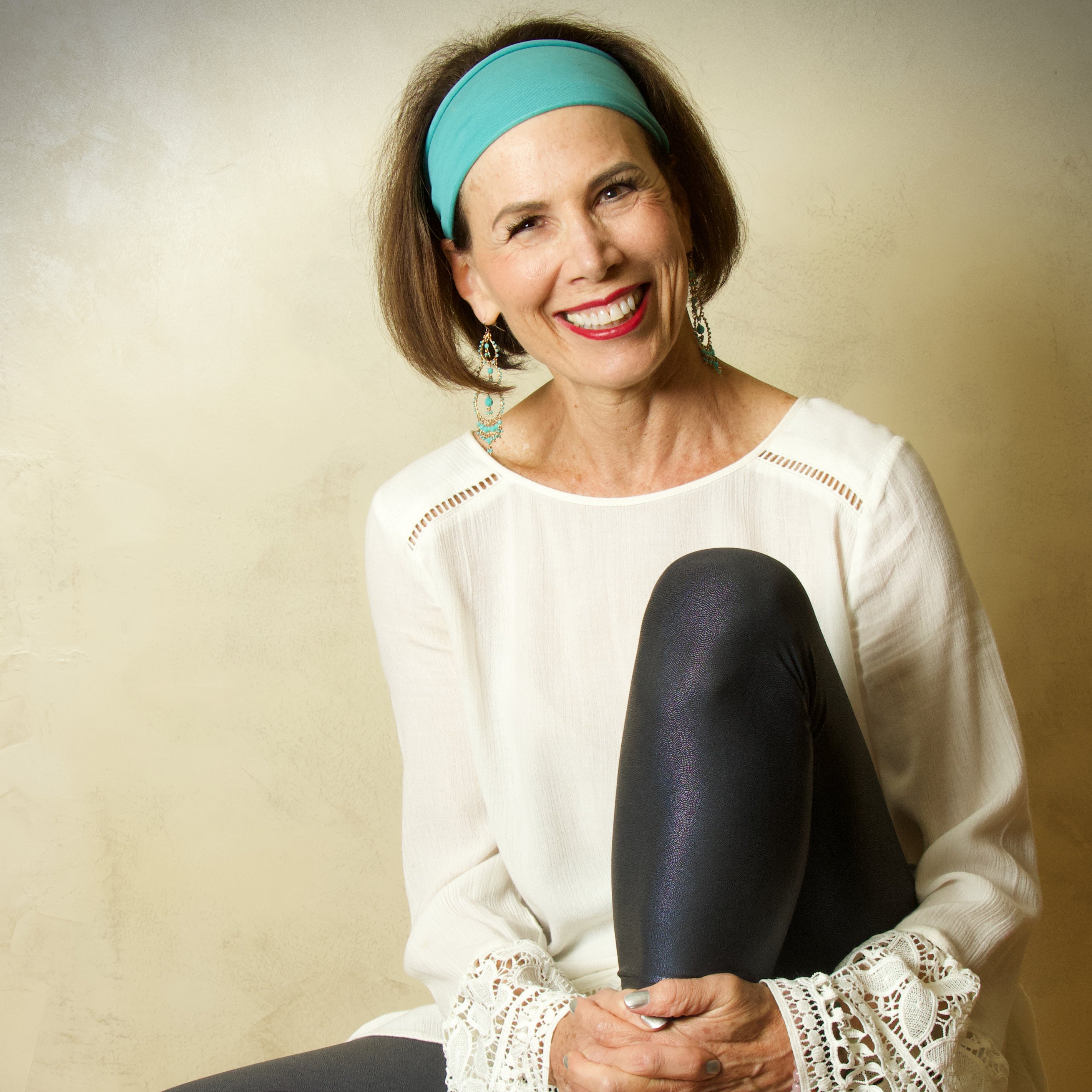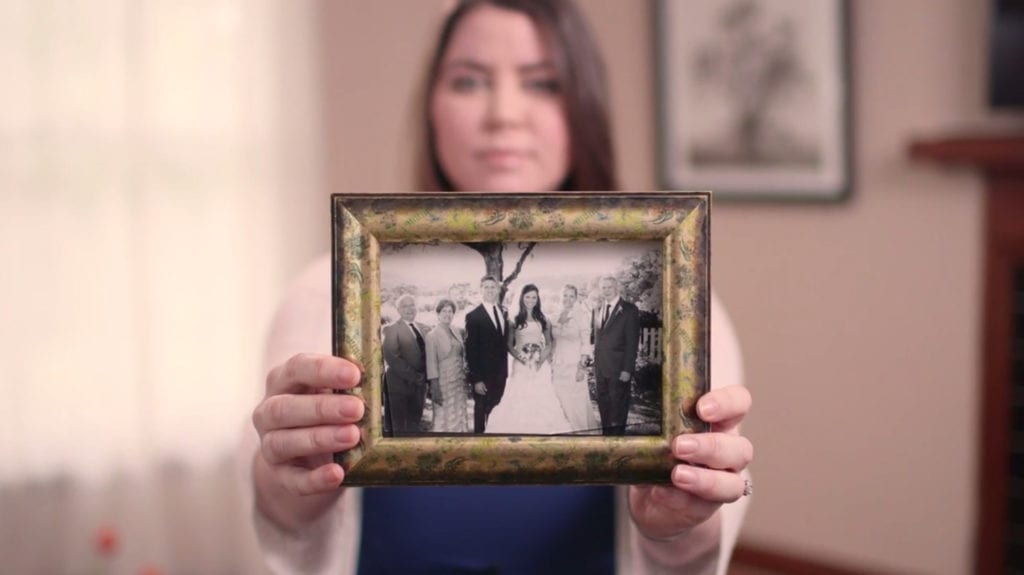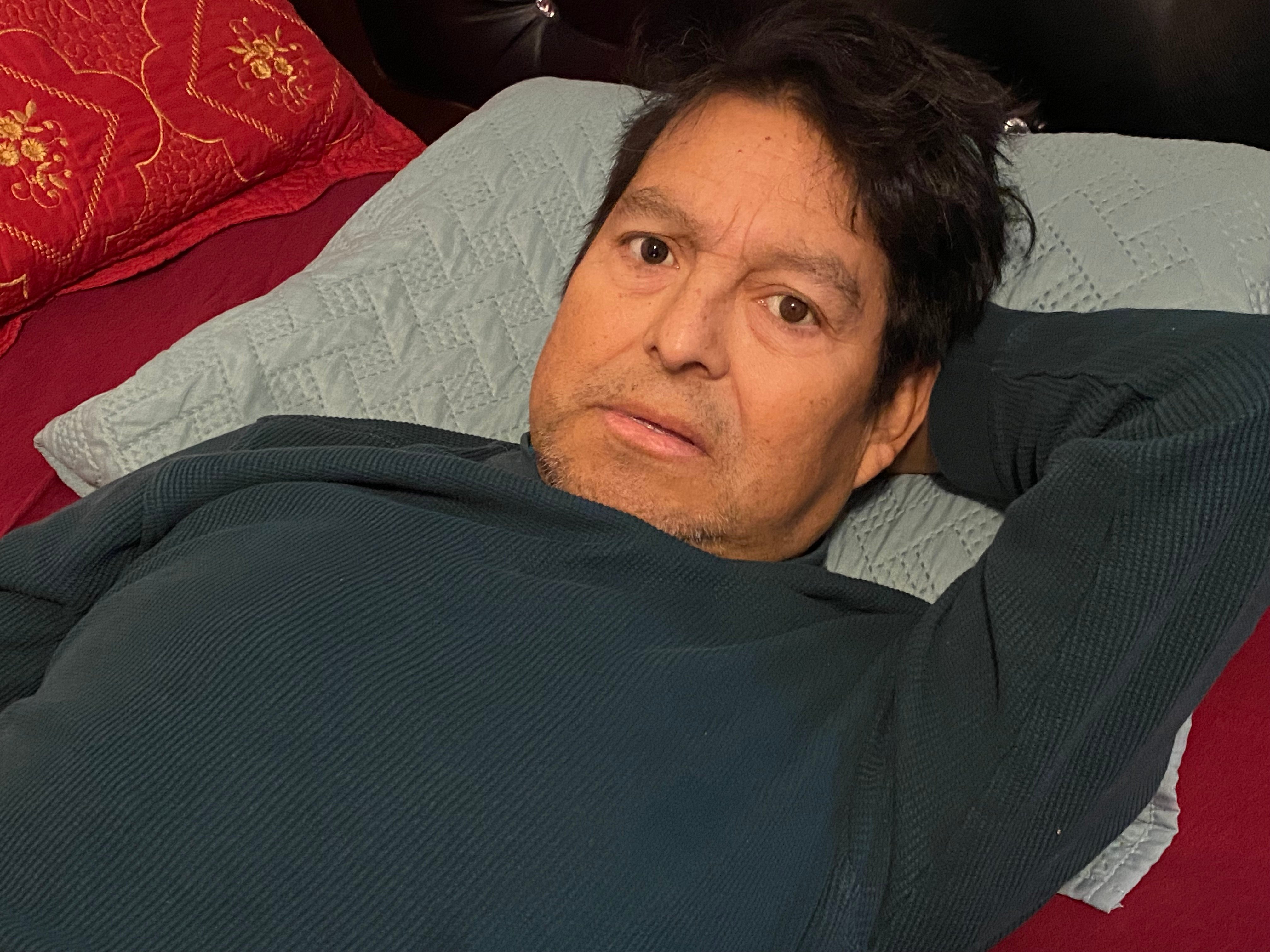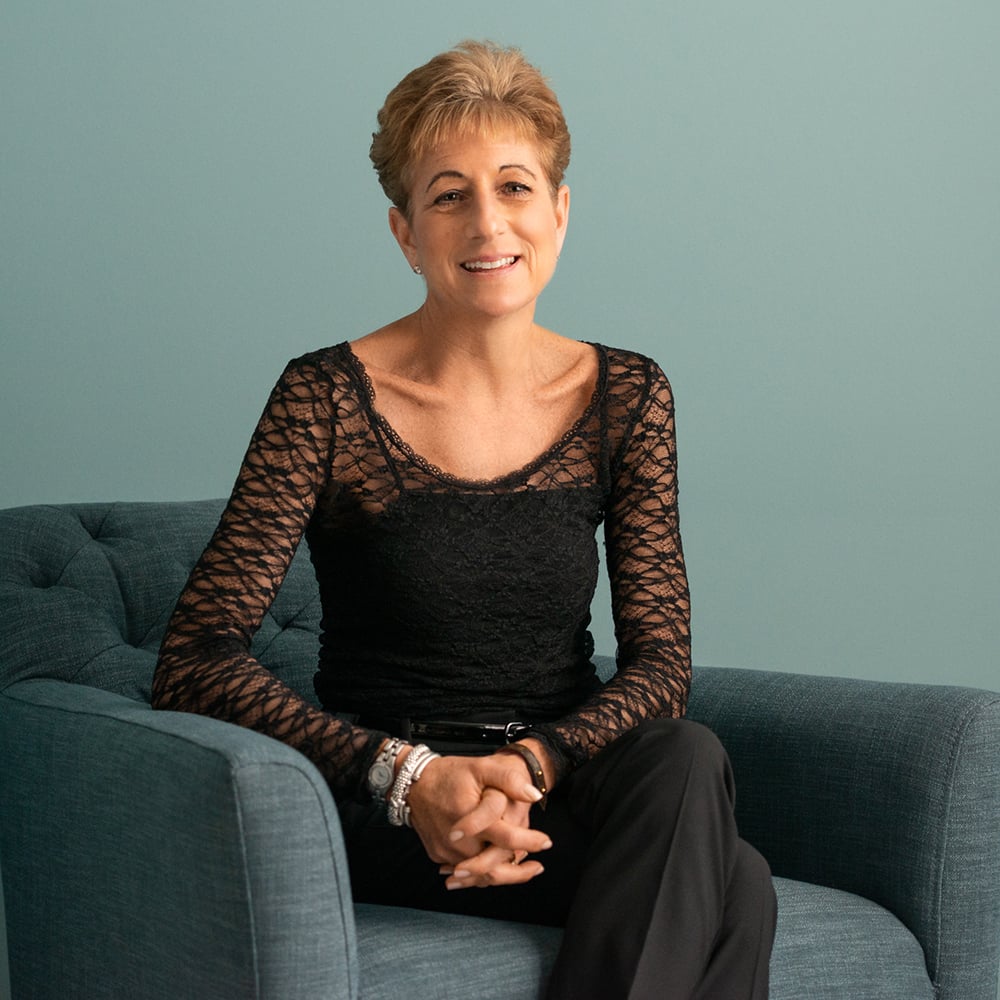Ronda shared her story in May of 2023.
Midway through my mother’s four and a half weeks on home hospice care, my sister and I, who were caring for my mother, were in my parents’ bedroom watching TV with them as we did every night. We turned on Trevor Noah’s Daily Show, and he was interviewing a woman who made a documentary about her father’s decision to use medical aid in dying. He, too, was a California resident. Up to that point, we had no idea that this was an option for my mother in California.
Mom was half awake during the broadcast. I wasn’t sure how much of it she caught. But about a week later, she said, “Honey, at this point I wish this could just be over with.” I said, “Mom, do you remember watching Trevor Noah? Here in California, you actually have a choice.”
“I think I would want to do that,” she replied.
In the next day or two, she discussed her interest in medical aid in dying with my dad, my sister and my brother, who is a physician and hospital administrator. He began to research the process and learned that for Mom to qualify, she had to be terminally ill with less than six months to live (she was), she needed to be able to administer the medication herself (she could) and she would need to make her request to two different doctors, 48 hours apart. We were all reassured to learn that after getting the prescription, Mom could still decide whether or not she wanted to take it. She could make the decision based on her need.
Mom was full speed ahead. She had lived her life with a great deal of autonomy and presence, and she wanted her death to be the same. She had an iPad that put together slideshows of photos from all our family events and trips she had taken, and she would scroll through them for hours and hours. She said to me then, “I’ve had a great life, and I wish I could keep living. But I don’t want to live like this either. I’m ready to die.”
An award-winning fifth-grade teacher with a career that spanned decades, my mother was very intelligent and organized, with high standards to match. She could see what you were capable of, believed you could do it and held you accountable. Both my mom and my dad, who was a school administrator, supported me and my siblings through all our learning, from grade school to grad school; she never missed a school play, concert, conference or event. Up until the very end of her life, I relied on my mom for advice.
My parents loved each other deeply and loved to travel together. When they retired in their 60s, they began traveling all over the world; they shared a passion for history, people and culture. Over the course of nearly three decades, their travels took them to every continent except Antarctica.
Then, in April 2021, Mom was diagnosed with pancreatic cancer. For 18 months, Mom underwent chemotherapy and its side effects, including digestive issues, nausea, vomiting and fatigue. Still, she tolerated the chemo amazingly well for a person in her 80s. She and my dad continued to do a little bit of traveling. They must have booked and canceled four cruises; they just wanted something to look forward to, but then Mom would be physically unable to go. Somehow, however, they managed to go on two cruises within the U.S. during this time. Mom was just so courageous, continuing to engage the world despite the many challenges of cancer.
In the fall of 2022, Mom started getting more and more sick. CT scans revealed a tumor blocking her intestines, which prevented her from digesting food. The surgeon informed her that the tumor was too large to be removed. Her hospital, Sutter Health, gave her a choice: palliative care or hospice. She chose hospice.
Mom knew this was the end. She came home to get hospice care, and my sister flew in from Oregon and I flew in from Michigan to help care for her. My brother came in every weekend. My uncle, my mother’s brother, also flew in from Florida to spend time with her. It was important to all of us that she was surrounded by love and family.
Mom had a nasogastric tube in her nose, so she could only have liquid nutrition, but she planned a lovely brisket dinner for my uncle, her best friend and our family. Here we were, her three adult children with advanced degrees, and she was still telling us what to do, how to set the table and how to prepare the food in her wise, logical way. Although she couldn’t eat, we had a lovely dinner orchestrated by her. Three weeks later, she had grown weaker, but again, under her care and direction, we shared a beautiful Thanksgiving family dinner.
It took some time to find a doctor who would be willing to write my mom an aid-in-dying prescription. When we finally found someone, the closest available appointment was a week and a half out — a long time to wait when you’re starving, in pain and already dying.
In that week and a half, what little was left of Mom’s health diminished. She was not happy being drugged up on morphine, but she was also in a lot of pain. The nasogastric tube caused considerable throat pain. The night before her scheduled doctor’s appointment on a Monday, she barely slept and woke up several times saying, “I have to talk to the doctor. I want him to know I’m ready to die.” She knew she had to communicate that clearly and let him know it was her decision, and when she saw him on the hospital video portal, she made her request with clarity and purpose. We were all so proud of her ability to advocate for herself at a time when she could barely speak.
The follow-up appointment was scheduled for Thursday. She died on Tuesday morning, December 13, 2022.
There was great beauty in my mother’s first few weeks in home hospice. My family was able to gather around her, and over and over let her know how much we loved and appreciated her. Her last week and a half, however, was very difficult. She was suffering and the very end felt like unnecessary torture. She never wanted to die, but she was very clear that she did not want to hang on when she felt she was no longer really living, when she was no longer herself. For her, being in control and being able to think clearly were traits she valued greatly. If she had known earlier that she had a choice, if we could have started the process when she came home from the hospital for hospice care, she could have been spared that horribly painful last week of her life. Instead, she — and all of us — went uninformed about all her end-of-life options until it was too late to relieve her of the needless suffering.
I believe the more information you have, the better decisions you can make. We’re all going to die; you can’t live in a human body and avoid death. And my mother was clearly dying. There was no reason why she should have had to endure that last horrible week. My advocacy today for helping people learn about this end-of-life option — both in California, where it is authorized, and in my home state of Michigan, where lawmakers have not yet made it available — was born of watching the first love of my life, my beautiful mom, suffer.






